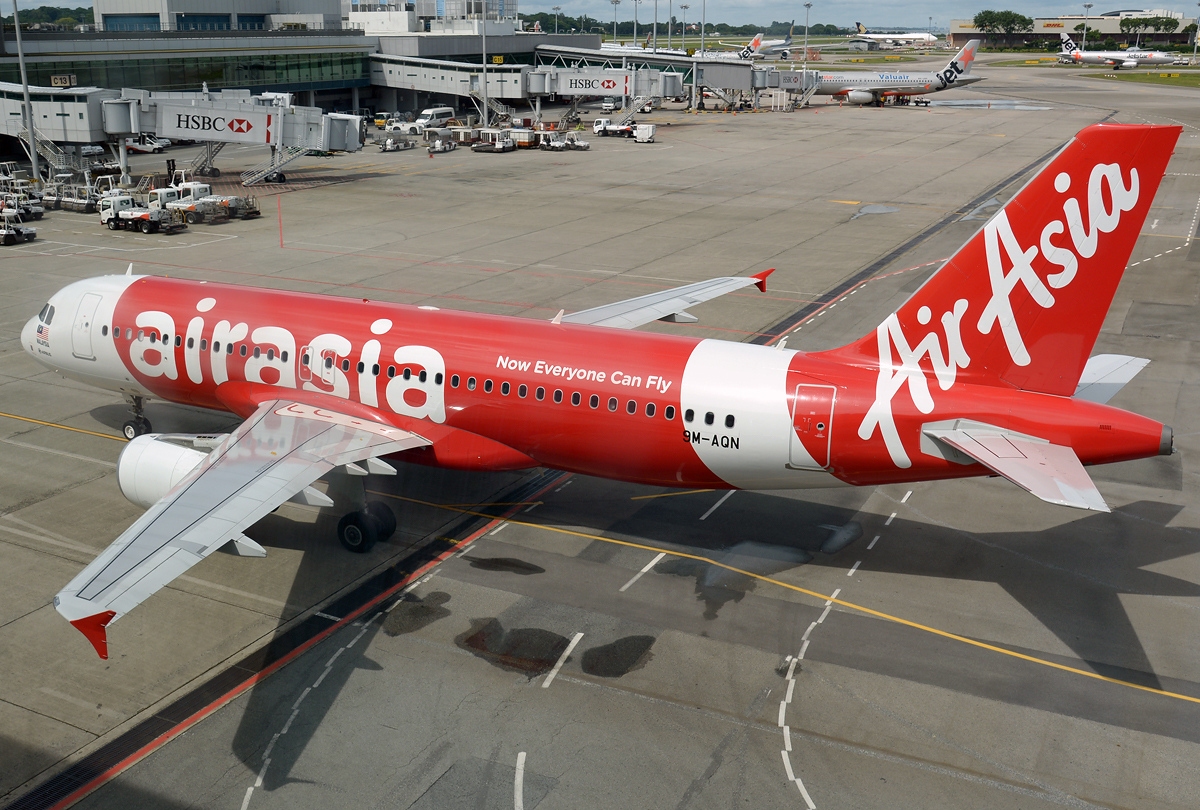SINGAPORE: AirAsia has announced that it will implement stricter measures regarding its carry-on baggage policy. The budget airline aims to streamline boarding and disembarking processes, ensuring that flights leave on schedule.
In a recent statement, the airline outlined the specifics of the revised policy, which restricts passengers to a maximum of 7 kilograms of carry-on baggage. This allowance includes one cabin baggage item and one small personal item.
Passengers may bring either a trolley bag or a backpack. The dimensions for this item are capped at 56 cm in height, 36 cm in width, and 23 cm in diameter. To qualify as cabin baggage, the item must fit in the overhead storage compartment.
In addition to the cabin baggage, passengers are permitted to carry a small personal item, such as a handbag or laptop bag. This item must not exceed 40 cm in height, 30 cm in width, and 10 cm in diameter, and it must be stored under the seat in front of the passenger.
AirAsia has clarified that any attempt to consolidate multiple items by strapping, wrapping, or tying them together will not be accepted as a single piece of luggage. The airline emphasizes that all items purchased at the airport are considered part of the cabin baggage allowance, except for duty-free items that are packed in a Security Tamper-Evident Bag (STEB), which are exempt.
Any baggage that exceeds the stipulated weight or size limits must be checked in, potentially incurring additional fees.
Steve Dailisan, AirAsia’s Communications and Public Affairs Head & First Officer, stressed the benefits of the policy. He said, “Compliance also ensures fair access to overhead compartments for all guests, maintaining both safety and comfort.” By enforcing these rules, AirAsia anticipates a smoother boarding process and reduced delays, contributing to on-time departures.
This change reflects the airline’s commitment to improving the overall travel experience by balancing passenger convenience with operational efficiency. Passengers are advised to adhere to the new guidelines to avoid complications during their journey.
TISG/

